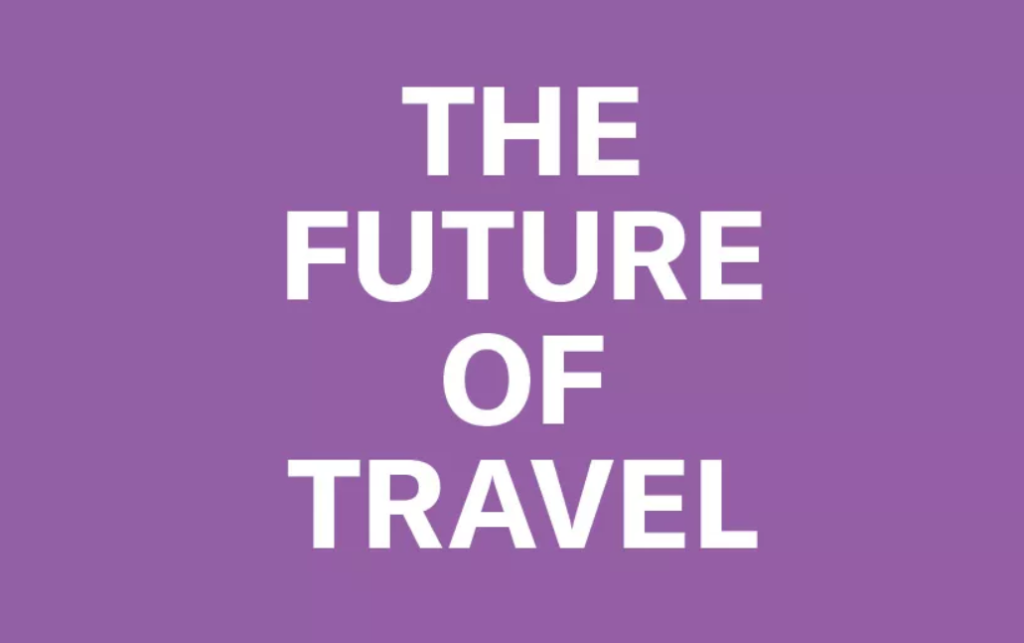NEW YORK – Travel startups are a vital source of innovation and disruption in the travel and tourism industry, but they often face challenges in securing funding from investors. According to a report by McKinsey, travel startups received only 1 percent of funding for startups across all industries in the past 15 years, despite contributing to over 10 percent of global GDP in 2019.
However, the report also reveals that investment in travel startups has rebounded strongly after the COVID-19 pandemic, reaching a record high of nearly $11 billion in 2021. This indicates that investors are seeing new opportunities and value propositions in the travel sector, especially in areas such as alternative accommodations, mobility, and experiences.
The McKinsey report identifies four main drivers of growth for travel startups: customer demand, technology adoption, industry consolidation, and sustainability. Customer demand refers to the changing preferences and behaviors of travelers, such as seeking more personalized, flexible, and diverse options for their trips. Technology adoption refers to the use of digital tools and platforms to enhance customer experience, optimize operations, and create new business models. Industry consolidation refers to the mergers and acquisitions that create scale and efficiency for travel companies, as well as new partnerships and alliances that expand their offerings and reach. Sustainability refers to the environmental and social impact of travel activities, such as reducing carbon emissions, promoting local communities, and ensuring safety and hygiene standards.
According to the report, some of the most successful travel startups are those that address one or more of these drivers of growth and offer solutions that are differentiated, scalable, and profitable. For example, Airbnb is a leader in alternative accommodations, providing travelers with unique and authentic places to stay around the world. Uber is a leader in mobility, offering convenient and affordable transportation options for travelers. TripAdvisor is a leader in experiences, offering travelers access to millions of reviews, ratings, and recommendations for attractions, activities, and restaurants.
However, not all travel startups have an easy path to success. The report also highlights some of the main challenges that travel startups face, such as regulatory uncertainty, competitive pressure, customer loyalty, and talent acquisition. Regulatory uncertainty refers to the lack of clarity and consistency in the rules and regulations that govern travel activities across different markets and jurisdictions.
Competitive pressure refers to the intense competition from established players and new entrants in the travel sector, who may have more resources, brand recognition, and customer base. Customer loyalty refers to the difficulty of retaining and attracting customers who have many choices and high expectations for their travel experiences. Talent acquisition refers to the challenge of finding and hiring qualified and diverse talent who can drive innovation and growth for travel startups.
The report suggests that travel companies can overcome these challenges by collaborating with startups in various ways, such as investing in them, acquiring them, partnering with them, or learning from them. Investing in startups can provide travel companies also with access to new technologies.

